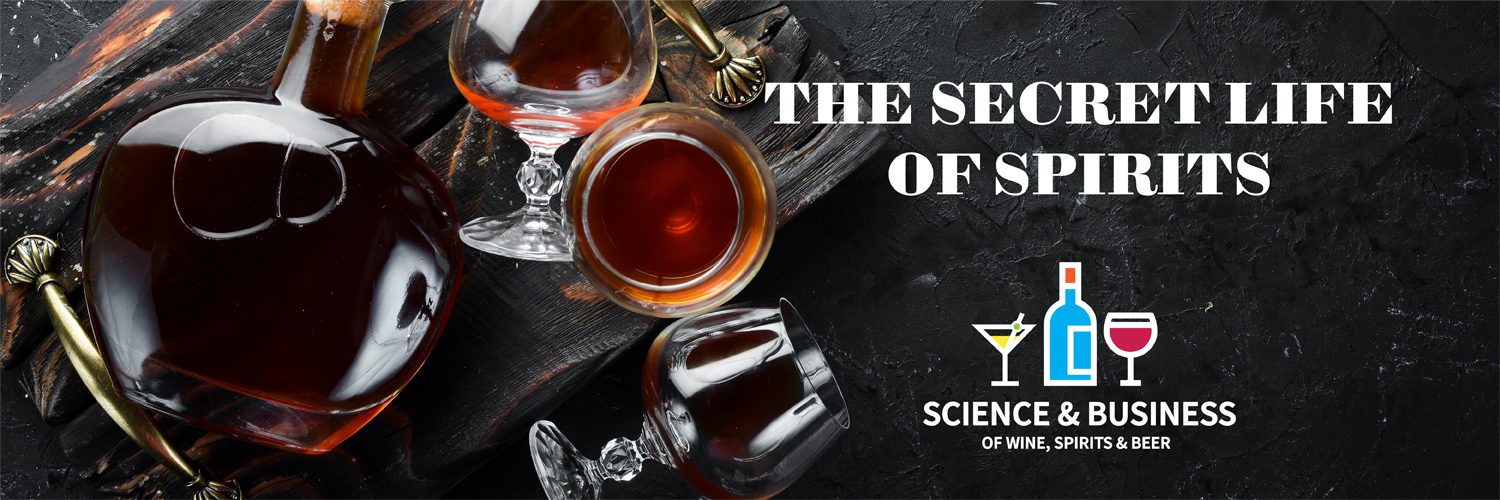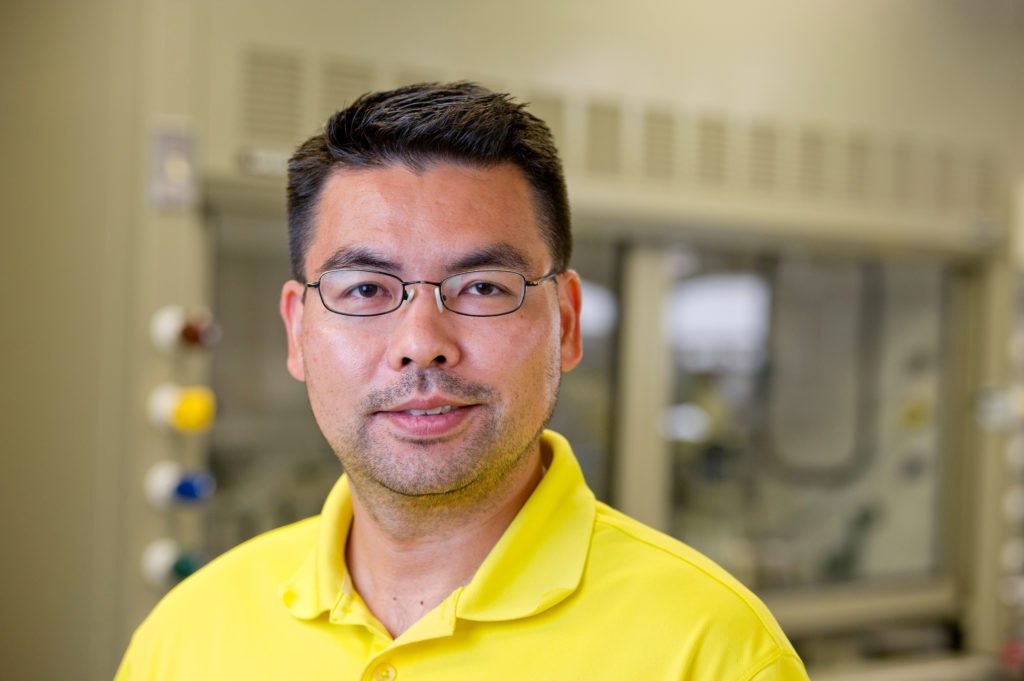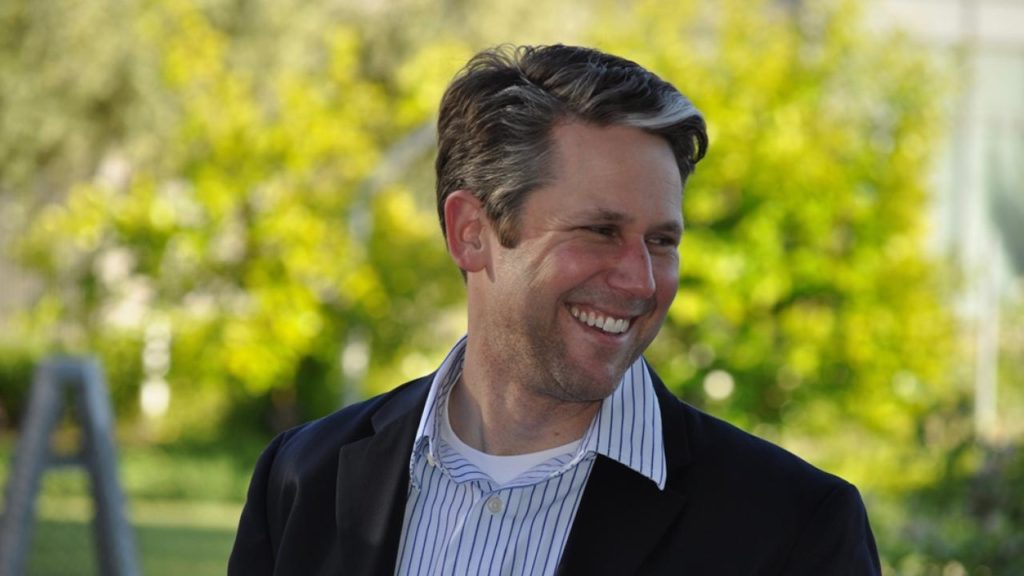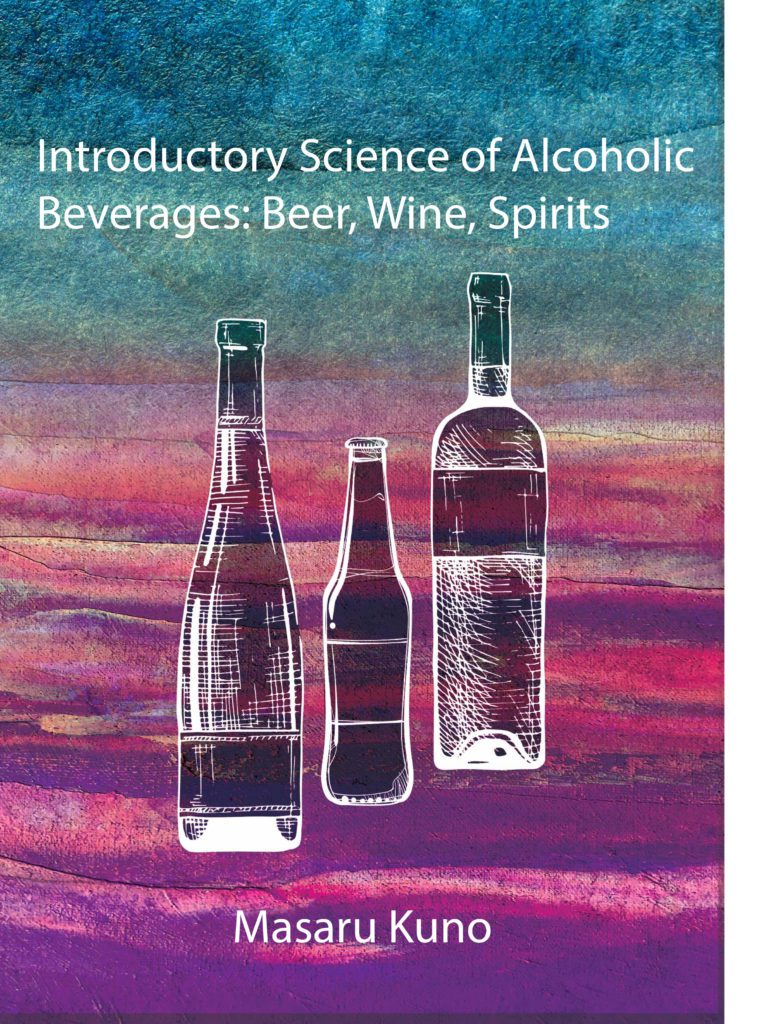Ardent Spirits: The Essential Science

Have you ever wondered about all the science, engineering, technology, business and craftsmanship that goes into each sip of your favorite spirit? Ken Kuno, professor in the department of Chemistry and Biochemistry at the University of Notre Dame, and Ron Runnebaum ‘96, associate professor in the department of viticulture and enology in the Robert Mondavi Institute for Wine and Food Science at UC Davis, invite you to a conversation about what defines a spirit or a distilled beverage and what distinguishes the different products we are familiar with like whiskey, vodka, gin, or tequila. They will also discuss the science and engineering behind how spirits are produced and how the chemistry of different spirits affects how we taste and experience them.
Meet the Faculty

Ken Kuno is a professor of Chemistry and Biochemistry and concurrent professor of Physics at the University of Notre Dame where he teaches the Chemistry and Fermentation and Distillation course. He received his Ph.D. in physical chemistry at the Massachusetts Institute of Technology in 1998. This was followed by a National Research Council Postdoctoral Fellowship at JILA/NIST, University of Colorado, Boulder. He then worked for the US Naval Research Laboratory in Washington DC before joining the University of Notre Dame as an assistant professor in 2003. Professor Kuno is also the author of the nanoscience textbook Introductory Nanoscience, Physical and Chemical Concepts and the upcoming Introductory Science of Alcoholic Beverages.
Meet the Faculty

Ron C. Runnebaum, ’96 is associate professor in the Department of Viticulture and Enology at the Robert Mondavi Institute of Wine and Food Science at UC Davis. He is also an assistant professor in their Department of Chemical Engineering and Materials Science. His research program aims to combine his interests in sustainable winemaking with his research background in nanomaterials, adsorption, heterogeneous catalysis, and reaction engineering. Winemaking-related projects include developing materials to capture CO2 and volatile organic compounds, especially from fermentation; developing fundamental understanding for the production of chemicals from winery waste streams; and designing solid-state materials for the replacement of solution-based treatments, particularly those that could improve sustainability. In addition, Dr. Runnebaum continues to investigate fundamental structure-activity relationships in chemical adsorption and reaction by nanomaterials, including zeolites and supported organometallic clusters.
Introductory Science of Alcoholic Beverages: Beer, Wine, and Spirits

Introductory Science of Alcoholic Beverages by Ken Kuno provides readers an engaging introduction to the science behind beer, wine, and spirits. It illustrates not only the chemical principles that underlie what alcoholic beverages are, why they are the way they are and what they contain, but also frames them within the context of historical and societal developments.
Discussed chapter topics include introductions to beer, wine, and spirits; the principles behind fermentation and distillation; and overviews of how each beverage class is made. The chapters highlight the unique chemistries that lend beer, wine, and spirits their individuality, as well as the key chemicals that impart their characteristic aroma and flavor profiles.
This book goes beyond focused descriptions of individual alcoholic beverages by summarizing their common chemical lineage and illuminating the universal scientific principles that underpin them. It will be of interest to students of physics and chemistry, as well as enthusiasts and connoisseurs of beer, wine, and spirits.
To order the book, please visit the book’s page on the Routledge website.
Additional Resources
Distillation is the process of separating the components of a liquid mixture through selective evaporation and condensation. The basis of separation is the difference in the vapor pressures (volatilities) of the respective components. To improve the separation in a distillation, chemists often use a fractionating column, which allows for multiple cycles of evaporation and condensation (this is known as fractional distillation). This short video was created by Sal Khan of Khan Academy.
View the Event
Subscribe to the ThinkND podcast on Apple, Spotify, or Google.
Featured Speakers:
- Ken Kuno, Professor of Chemistry and Biochemistry and Concurrent Professor of Physics, University of Notre Dame
- Ron C. Runnebaum ’96, Associate Professor, Department of Viticulture & Enology, Robert Mondavi Institute of Wine and Food Science, UC Davis
